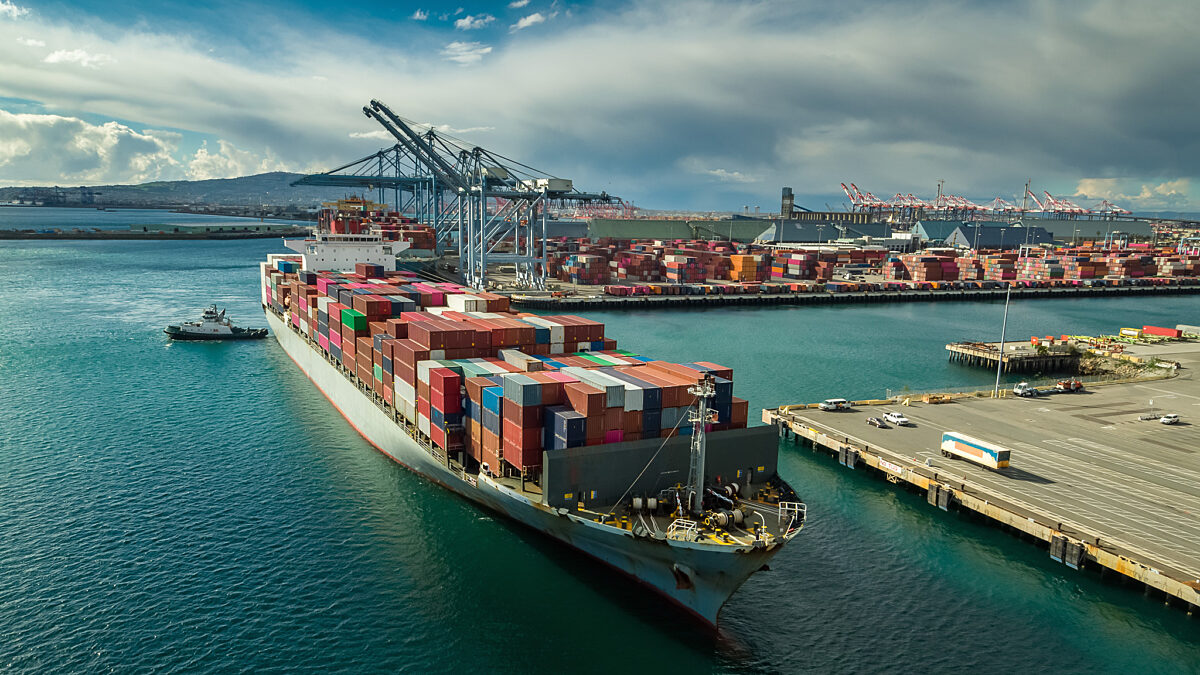UK Farmers Face the Challenges of Brexit
Guest Author
Special Contributor to FB.org

photo credit: Getty
Guest Author
Special Contributor to FB.org
By James O’Brien
Every morning Robert Heath wakes up in Warwickshire, England, and heads to the farm. He’s grabbing coffee and communicating with the other eight family member-partners involved in HG Heath & Sons. The family business is like family farms and ranches here in the U.S. except for one big difference – Brexit, the decision made by the United Kingdom to leave the European Union.
I was fortunate to meet Heath at his farm in the U.K. during the international module of the American Farm Bureau’s Partners in Advocacy Leadership program. PAL is a two-year program for farmers and ranchers that focuses on creating effective advocates for agriculture. The program allows us to build relationships with local, state and federal legislators. It also helps foster new perspectives such as the international one we gained while visiting the U.K. and Brussels, Belgium.
It’s difficult to forecast how agricultural trade will be impacted by Brexit because trade negotiations between the U.K. and EU are ongoing.
Understanding the U.K. farmer’s perspective starts with a simple question, according to Heath: “After seeing what’s going on with Brexit and everything else, how do you protect a farming business?”
First, a bit of background.
The U.K. is one of 28 member states that make up the European Union. It’s difficult to forecast how agricultural trade will be impacted by Brexit because trade negotiations between the U.K. and EU are ongoing. However, there are two other primary issues impacting agriculture and farming businesses like the Heath’s – Common Agricultural Policy payments and European Union regulatory overreach.
The U.K. makes annual direct payments via what’s known as the Basic Payment Scheme. The amount paid to a beneficiary is determined by entitlements; entitlements are obtained based upon owned acreage. Under the current system landowners are paid every year based on how much land they own. This system is very different from the crop insurance structure that exists here in the U.S. where farmers pay premiums and only get paid if a weather event or other disaster prevents them from producing a crop.
George Eustice, the U.K.’s minister for agriculture, fisheries and food, told us he does not expect the U.K. to adopt the insurance-based scheme we use in the U.S. mainly because historical production data needed to support such a system is lacking. However, he was confident the system would be capped and reformed. Heath went so far as to say that he believed it would eventually go away altogether.
Regulatory overreach had a hand in convincing farmers to support Brexit. Farmers are required to pay for and submit land surveys of their farms to the government every 3 to 4 years. Farmers must also meet cross-compliance regulations, a set of basic rules related to public expectations on the environment, public and animal health, and animal welfare.
The Heaths don’t think all regulations are bad. For example, one set of rules, known as “greening,” compensates farmers for doing things like diversifying crops and maintaining permanent grassland. The thought in general though, since some farmers are regulated by the retailer, the U.K. and the EU – is that there’s simply too much regulation.
HG Heath & Sons may change the structure of their business to be less impacted by the upcoming cap to be placed on direct payments, but they believe that will only be a temporary fix. Their solution to protect their farming business is diversification. They farm row crops, raise beef cattle, produce straw for equine bedding and are growing the manufacturing facility where they produce baling equipment. Diversification keeps everyone in the family involved. It also helps them address seasonal labor issues and combat unknowns like policy changes due to Brexit.
So, what does Brexit have to do with us? My family raises beef cattle and horses in South Texas. We’re a long way from Warwickshire, but we can learn something from the challenges of Brexit for U.K. farming families. Change is coming. It will be important for us to stay involved with our policy makers on this side of the pond and even more important to try a little diversification of our own.
James O’Brien, a member of AFBF’s ninth Partners in Advocacy Leadership class, farms in Texas.
Trending Topics
VIEW ALL